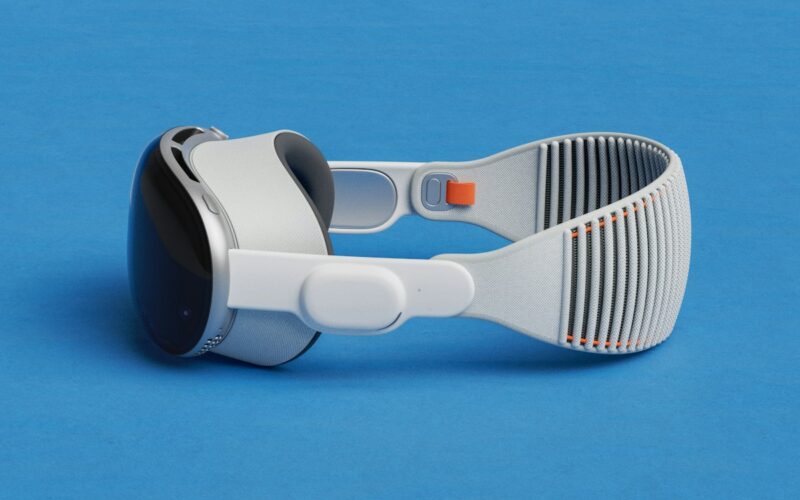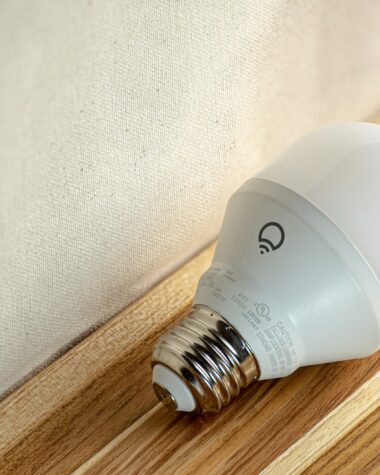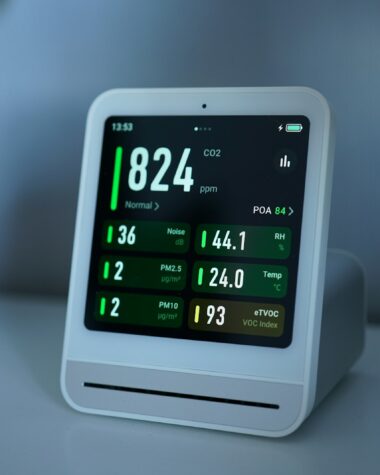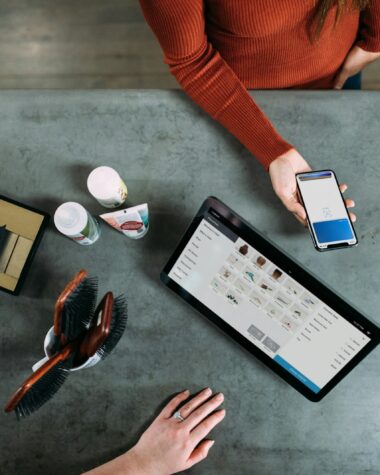Wearable technology has evolved far beyond simple step counters and heart rate monitors. Today, wearables track a wide range of health metrics, environmental factors, and even productivity patterns, providing actionable insights that can transform daily life. From monitoring sleep quality and stress levels to tracking hydration and posture, these devices have become indispensable tools for people seeking a holistic understanding of their well-being.
Modern wearables go beyond fitness goals—they offer personalized guidance, early warnings for health issues, and tools to optimize lifestyle habits. By combining convenience, technology, and actionable insights, these devices empower users to make informed decisions that enhance both health and quality of life.
1. Advanced Health Monitoring
Heart Health and Blood Metrics
Many wearables now monitor heart rate variability, blood oxygen levels, and even detect irregular rhythms that could indicate potential health concerns. This continuous monitoring allows users to track cardiovascular health more closely than occasional checkups, offering early detection and prevention opportunities.
Beyond heart rate, some devices track blood pressure trends or hydration levels, providing a comprehensive picture of physical well-being. Alerts for abnormal readings ensure timely action, creating peace of mind and proactive health management.
Sleep Tracking and Quality Analysis
Sleep is a fundamental aspect of wellness, and modern wearables provide detailed insights into sleep patterns, including deep sleep, light sleep, and REM cycles. Understanding sleep quality helps users adjust routines, optimize bedtime habits, and improve overall energy levels.
Devices can also offer gentle wake-up alarms timed to light sleep phases, enhancing morning alertness and reducing grogginess. This integration of data into daily routines supports better health without requiring manual tracking.
2. Stress and Mental Well-Being
Monitoring Stress Levels
Wearables can measure physiological indicators of stress, such as heart rate variability and skin conductivity. Real-time feedback allows users to recognize stress triggers and respond proactively with relaxation techniques.
Guided Mindfulness and Breathing Exercises
Many devices include apps or features for guided breathing exercises, meditation prompts, and mindfulness reminders. These tools help manage stress, improve focus, and enhance mental clarity, making wearables an integral part of overall well-being rather than just physical fitness.
3. Posture and Movement Guidance
Correcting Ergonomic Habits
Some advanced wearables monitor posture and movement, providing real-time alerts when a user slouches or maintains harmful positions. This helps prevent long-term musculoskeletal issues and promotes healthier daily habits.
Optimizing Activity Beyond Exercise
While traditional fitness trackers focus on workouts, these devices monitor everyday movement patterns—like walking, sitting, or standing—to ensure balanced activity. Gentle reminders to move periodically encourage healthier routines, even for people with sedentary lifestyles.
4. Personalized Lifestyle Insights
Tracking Nutrition and Hydration
Some wearables allow users to log meals, track calorie intake, and monitor hydration levels. By integrating this data with activity and sleep information, users gain a comprehensive view of how their lifestyle choices impact overall wellness.
Behavioral Recommendations
Advanced algorithms analyze collected data and offer personalized recommendations. This may include adjusting sleep schedules, increasing hydration, or suggesting stress-relief activities. The guidance is tailored, actionable, and easy to integrate into daily life.
5. Safety and Emergency Features
Fall Detection and Emergency Alerts
Wearables can detect falls or sudden physical incidents, sending alerts to emergency contacts automatically. This feature is especially beneficial for elderly users or those with health conditions, providing a layer of safety and reassurance.
Location Tracking for Safety
Some devices offer GPS tracking, enabling loved ones to monitor location in real-time during outdoor activities or travel. These features enhance safety without being intrusive, giving both users and families peace of mind.
6. Productivity and Daily Life Integration
Notifications and Smart Reminders
Beyond health monitoring, wearables now integrate with smartphones to deliver notifications, reminders, and alerts. Users can manage calls, messages, and appointments without constantly checking their phones, reducing distractions and promoting focused productivity.
Data-Driven Daily Planning
By combining insights from sleep, activity, stress, and movement, wearables can suggest optimal times for focused work, relaxation, or exercise. This holistic view allows users to structure their day around their personal rhythms, enhancing efficiency and well-being simultaneously.
7. Trends in Wearable Technology
Continuous Improvement and Integration
The latest wearables are increasingly integrated with broader smart ecosystems, including home automation, virtual assistants, and cloud platforms. This connectivity allows seamless tracking and management of health, lifestyle, and daily tasks from a single device.
Expanding Beyond Traditional Metrics
Innovation continues to expand the scope of wearables—from monitoring environmental factors like UV exposure and air quality to integrating AI for predictive health insights. The goal is not only data collection but meaningful action that improves daily living.
Conclusion
Wearable technology has evolved from fitness gadgets into comprehensive lifestyle tools. By monitoring health metrics, stress, sleep, posture, and daily activities, these devices provide actionable insights that empower users to improve well-being and make informed decisions.
The combination of convenience, personalization, and real-time feedback ensures that wearables enhance life holistically. When used thoughtfully, they offer more than just data—they become an integral part of a healthier, more balanced, and efficient daily routine, enabling individuals to live smarter and feel more in control of their wellness journey.








